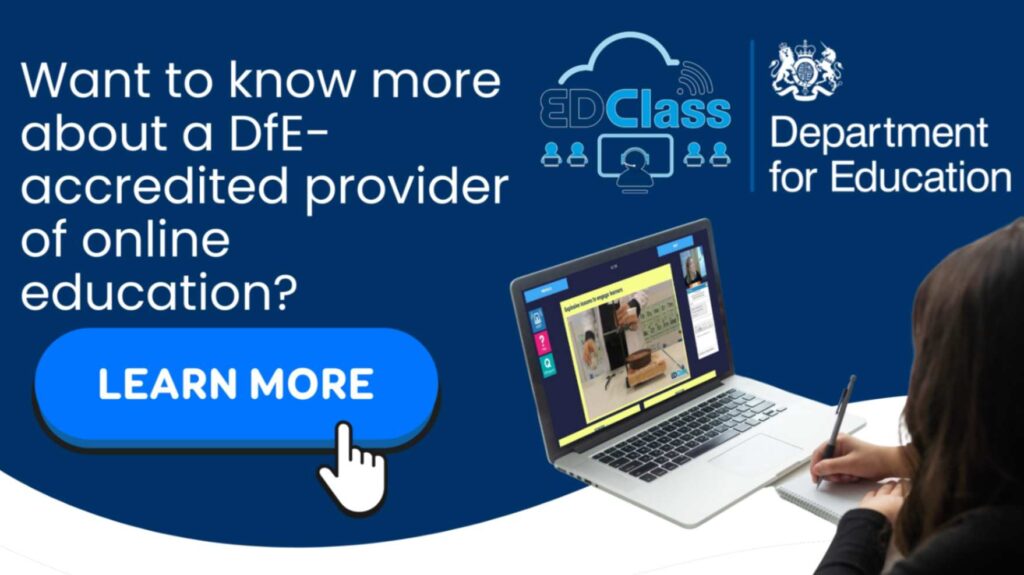Mental health and well-being are areas which can be tough to discuss. However, we must remove the stigma surrounding it to provide the best possible support for learners. But, what does it indeed look like for learners? How can we ensure that those who struggle with mainstream education receive the same level of support as their peers? Remember, it’s good to always keep guidance in mind:
“Provision should address a child’s physical or mental health needs as well as personal, social and emotional needs, alongside their educational needs. For example, ensuring that the child feels like they belong to their home school community, and are able to stay in contact with classmates, and where reasonably practicable have access to the same opportunities enjoyed by their peers.”
Let’s take a look at five tips you can look to implement to support your vulnerable learners.
1. Ensure Open Communication is Present
Certain learners with social, emotional and mental health challenges may fear speaking openly or engaging in conversation. Therefore, we must ensure we break down these barriers by implementing a safe, open and welcoming learning environment.
You can achieve this through regular conversations to create meaningful relationships which can also help drive engagement. Be approachable, and relatable and your learners can be more inclined to open up to you, subsequently driving forward with their educational ambitions.
2. Prioritise Early Intervention and Accessible Resources
Learners will need access to adequate resources that match their educational level. You can use early intervention to your advantage to help identify areas of improvement and where resources need to be allocated to prevent mental health challenges from escalating.
Regular well-being check-ins can go a long way in supporting vulnerable learners. By communicating about their struggles, you can them prioritise measures to help raise their confidence.
3. Embed Mental Health Training
As teachers, you are the frontline of supporting vulnerable learners. But, gone are the days of simply just teaching lessons. Teachers are now expected to wear multiple hats to ensure learners get the right academic and personal support. That’s why it’s crucial each staff member is equipped with the knowledge they need to adequately assist vulnerable learners.
Make sure to provide regular and in-depth mental health support training for all staff, including teachers, administrators, and support personnel. Focus on recognising common mental health challenges, responding empathetically, and making effective referrals.
4. Peer Support and Community Building
Vulnerable learners may struggle with their peers, but can also massively benefit when they’re on the same page. You can first ensure learners are comfortable with their peers by asking who they would be willing to engage with. If they have no initial direct positive contact, you can act as a mediator or support in a group setting to build their comfort. Encourage collaborative learning activities and create opportunities for social interaction.
5. Implement a Holistic and Personalised Learning Pathways
Each learner is unique and may require tailored support. Adopt a holistic approach that addresses the interconnectedness of mental, emotional, and social well-being.
You can offer a variety of support options, including individual counselling, group therapy, mindfulness workshops, and stress management techniques. Regularly assess the effectiveness of programmes and adapt them if their needs change.
Implementing effective mental health support for learners is an ongoing process that requires commitment, collaboration, and a holistic approach. By prioritising mental well-being, schools can create a supportive environment where all learners can thrive academically, socially, and emotionally.
How EDClass can support vulnerable learners
“A significant strength of EDClass is the oversight of pupils’ well-being and safeguarding. Leaders have established robust systems that allow their knowledgeable staff to check continually on pupils’ welfare and engagement with learning. Consequently, staff respond swiftly and appropriately to any concerns they identify.” –
EDClass, as a DfE-accredited provider of online education has the ability to transform the lives of learners with mental health challenges. Through one-to-one personalised learning, pupils can reignite their passion for education and be guided toward a brighter future.
If you’re interested in learning more about EDClass call 019090 568338, send an email to mail@edclass.com or enquire directly here.










